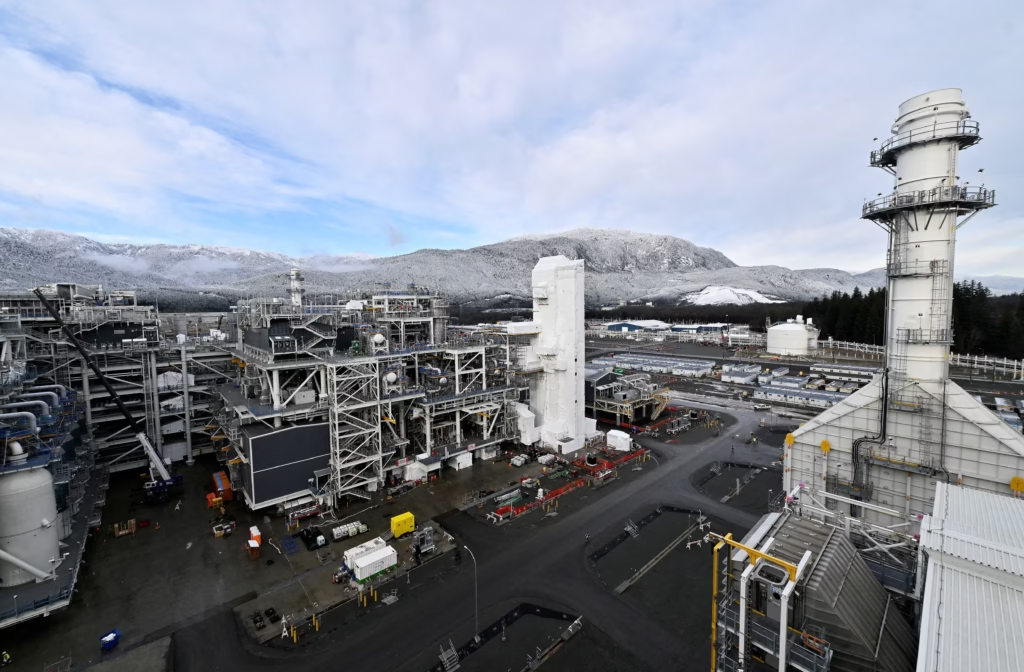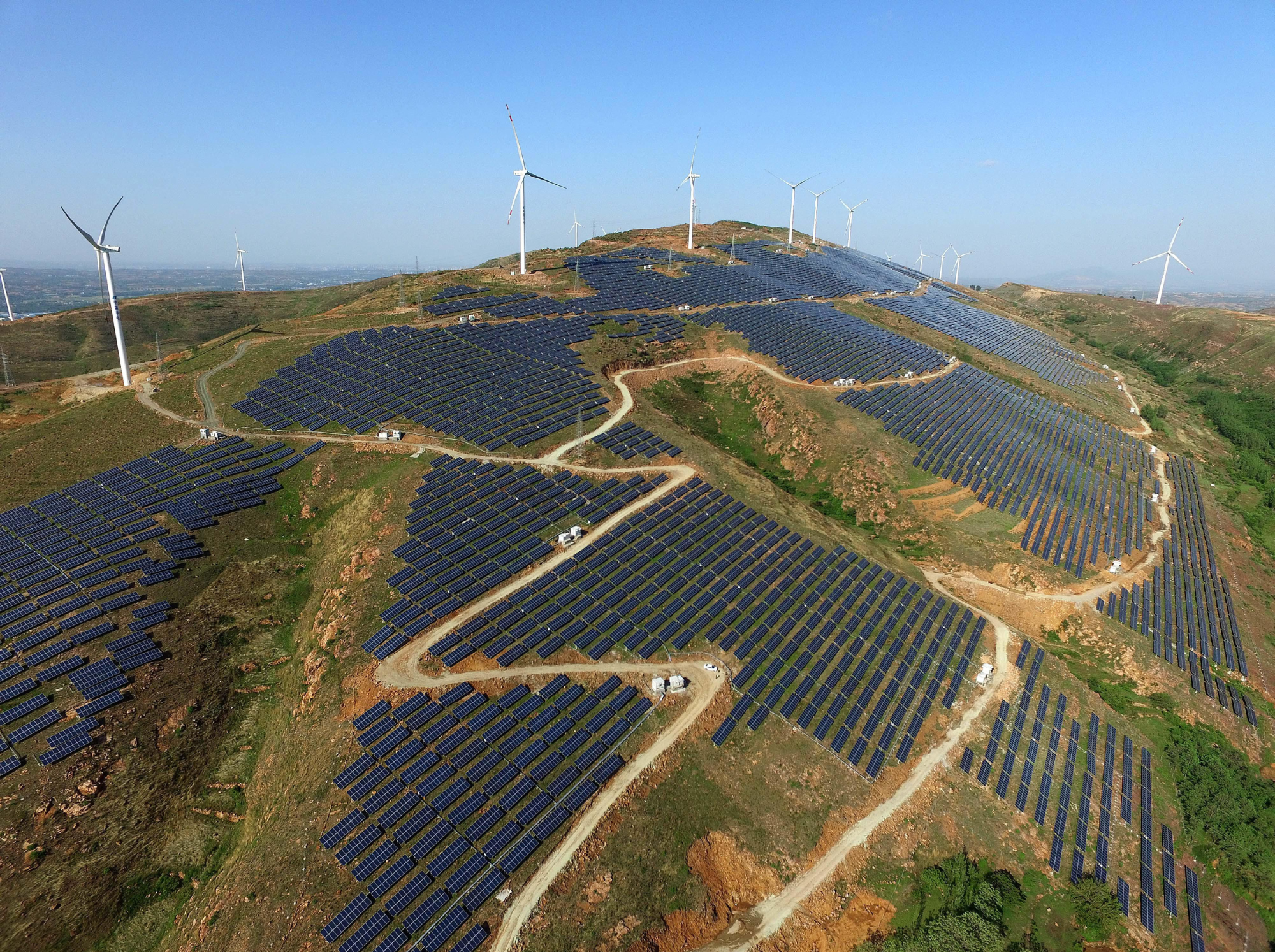Canada Poised to Approve New Major Oil Pipeline

Canada is on track to greenlight a new major oil pipeline, with energy officials and industry leaders signaling that approval is now “highly likely” as global demand for stable fossil fuel supplies persists. The move comes as Western governments reassess energy security priorities in the face of geopolitical instability, supply chain disruptions, and ongoing tensions in oil-producing regions.
The proposed pipeline—reportedly aimed at enhancing exports from Alberta’s oil sands to the Pacific coast—would expand Canada’s capacity to deliver crude to international markets, particularly in Asia. Industry analysts say such a project would help diversify export routes beyond the United States, reducing dependence on existing infrastructure like the Trans Mountain and Keystone systems.
Federal and provincial leaders have also hinted at broad political support, citing the potential for economic growth, job creation, and strategic leverage in global energy markets. However, they are expected to face strong opposition from environmental groups, Indigenous communities, and climate advocates, who argue that expanding oil infrastructure undermines Canada’s climate commitments and risks further ecological damage.
Supporters of the project argue that modern pipeline technologies, combined with new emissions mitigation strategies, could allow for a more sustainable approach to fossil fuel transport while contributing to global energy stability.
If approved, this pipeline could mark a pivotal shift in Canada’s energy policy—signaling a more pragmatic balance between economic interests and environmental goals in a rapidly evolving global energy landscape.

















